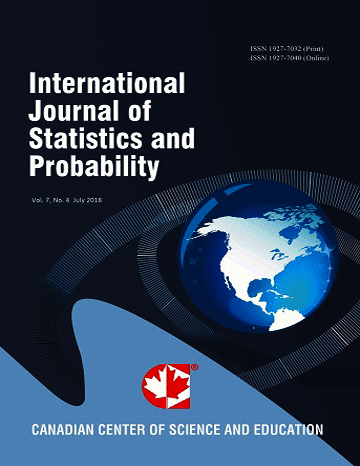Comparative Study of the Quick Convergent Inflow Algorithm (QCIA) and the Modified Quick Convergent Inflow Algorithm (MQCIA)
- M. Iwundu
- I. Ndiyo
Abstract
The performance of two line search algorithms, the Quick Convergent Inflow Algorithm and the Modified Quick Convergent Inflow Algorithm, used in locating the optimizers of response functions is studied. The methodology requires the use of the same starting experimental design. The indicator variables are the number of iterations and the optimal point reached at each iteration. The Modified Quick Convergent Inflow Algorithm seems to perform generally better than the Quick Convergent Inflow Algorithm in the sense that solutions obtained are much closer to the exact solutions than those obtained using the Quick Convergent Inflow Algorithm. As a consequence to the study, a new algorithm is developed for solving Linear Programming problems. The algorithm iteratively eliminates from an N-sized starting design a point that contributes less to the process as measured by the predictive variances at the design points. The design size is immediately recoverd by adding to the resulting N-1 sized design a design point from the candidate set that optimizes performance. The new algorithm offers approximate solutions to Linear Programming problems as demonstrated with some numerical illustrations.
- Full Text:
 PDF
PDF
- DOI:10.5539/ijsp.v4n2p95
Index
- ACNP
- Aerospace Database
- BASE (Bielefeld Academic Search Engine)
- CNKI Scholar
- DTU Library
- Elektronische Zeitschriftenbibliothek (EZB)
- EuroPub Database
- Excellence in Research for Australia (ERA)
- Google Scholar
- Harvard Library
- Infotrieve
- JournalTOCs
- Mir@bel
- Open policy finder
- ResearchGate
- Technische Informationsbibliothek (TIB)
- UCR Library
- WorldCat
Contact
- Wendy SmithEditorial Assistant
- ijsp@ccsenet.org
